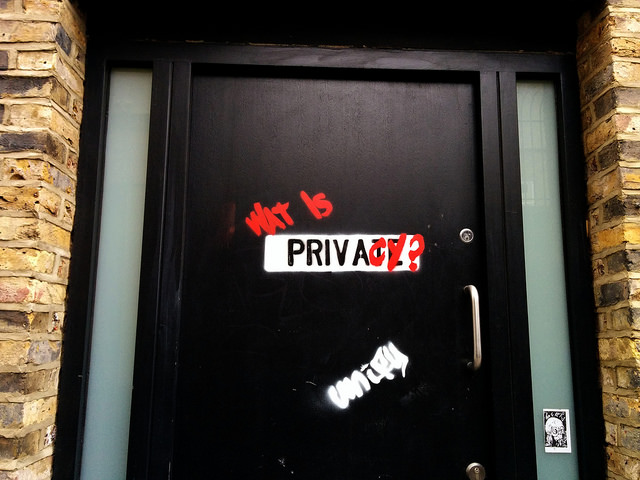Let’s talk about sousveillance again. For those not familiar with the word, it literally translates to “undersight” — as opposed to oversight. Surveillance is perpetrated by an authority; sousveillance is perpetrated by the people. The unwashed masses, if you will.
Steve Mann (no relation) led the paper that coined the term. It came out in 2003! They had no idea about Instagram! What’s interesting is how much the connotations of “sousveillance” have morphed since Mann and his colleagues first came up with it. Here’s their original conception:
Organizations have tried to make technology mundane and invisible through its disappearance into the fabric of buildings, objects and bodies. The creation of pervasive ubiquitous technologies — such as smart floors, toilets, elevators, and light switches — means that intelligence gathering devices for ubiquitous surveillance are also becoming invisible […]. This re-placement of technologies and data conduits has brought new opportunities for observation, data collection, and sur/sousveillance, making public surveillance of private space increasingly ubiquitous.
All such activity [until now] has been surveillance: organizations observing people. One way to challenge and problematize both surveillance and acquiescence to it is to resituate these technologies of control on individuals, offering panoptic technologies to help them observe those in authority. […]
Probably the best-known recent example of sousveillance is when Los Angeles resident George Holliday videotaped police officers beating Rodney King after he had been stopped for a traffic violation. The ensuing uproar led to the trial of the officers (although not their conviction) and serious discussion of curtailing police brutality […]. Taping and broadcasting the police assault on Rodney King was serendipitous and fortuitous sousveillance. Yet planned acts of sousveillance can occur, although they are rarer than organizational surveillance. Examples include: customers photographing shopkeepers; taxi passengers photographing cab drivers; citizens photographing police officers who come to their doors; civilians photographing government officials; residents beaming satellite shots of occupying troops onto the Internet. In many cases, these acts of sousveillance violate [either explicit or implicit rules] that ordinary people should not use recording devices to record official acts.
Sousveillance was supposed to be a way to Fight the Man, to check the power of the state. Unfortunately, many governments’ surveillance apparatuses* were poised to take advantage of the compulsive documenting habit that smartphones added to daily life.
For example, the NSA has wonderful SIGINT. Theoretically they can mine Facebook and its ilk for whatever insights they might want to extract. Encryption mitigates this problem, but it’s not clear by how much. Anything that’s publicly available online can be scraped.
So now you have n00bs posting photos of protests on Twitter and accidentally exposing people with open warrants. Elle Armageddon wrote a two-part “OPSEC for Activists” guide, but by default the attendees of unplanned, uncoordinated events aren’t going to follow the rules.
Welp ¯\_(ツ)_/¯
*I thought it would be “apperati” too, but as it turns out, no. See this and this.
Image credit: My Second or Third Skin by Claire Carusillo.








